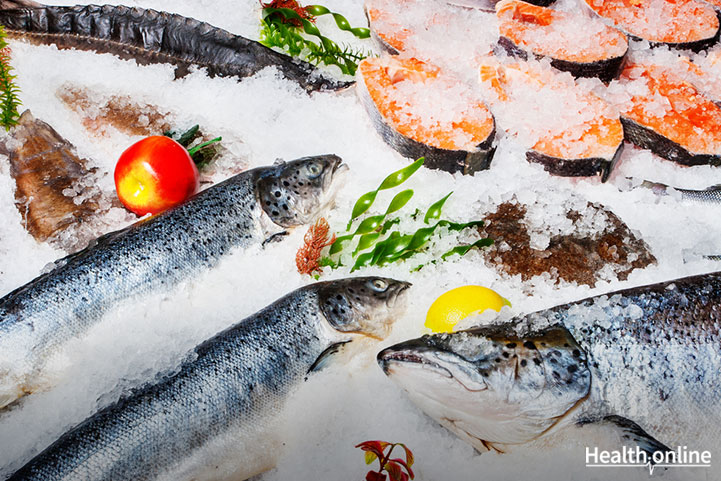
5 Types of Healthy Fishes to Eat
Is there something fishy in your diet? Well, if not, you might be missing out a very important source of nutrition. Experts recommend a regular intake of fish at least twice a week so that you can get a good supply of the essential fatty acids, protein and other nutrients that are mostly present in fish. But when it comes to eating fish, not all types of fishes can be entrusted with the job of providing the above-said nutrients. There is also the problem of mercury toxicity in fish. Sustainability of the sea ecosystem is also a matter of concern. Many times, due to reckless fishing, the aquatic ecosystem is damaged, which also leads to other environmental damage. So, as citizens of this planet, we need to be aware of the moral responsibilities that are connected with consuming fish.
But why do we even need fish?
Most types of fishes are rich in omega-3 fatty acids, namely Eicosapentaenoic acid (EPA) and docosahexaenoic acid (DHA). These fatty acids are important for the heart, brain, immune system, skin, and hair. The deficiency of these fatty acids leads to cardiovascular problems, diabetes mellitus, behavioral and cognitive problems, skin and hair problems, etc.
Can’t we get this from vegetables or synthesize in the body?
The very name of essential fatty acids suggests that it cannot be synthesized in the body. Though there are vegetable sources, omega-3 fatty acids are present in trace amounts in them, and these fewer amounts are not sufficient to meet the requirements of the body.
This is why we have handpicked the top five healthiest types of fishes that you should include in your diet to get great health benefits without disturbing the environment:

The wild-caught salmon from Alaska
Containing a huge concentration of omega-3 fatty acids and less mercury and lead toxicity, having wild-caught salmon is good for both you and mother earth. This is how it works – there are marine biologists who regularly keep a count of the number of wild fish returning to the spawn. When the population of the fish returning reduces, they close down the fisheries to promote the growth and multiplication of the salmon. Then the fisheries are reopened only after the population of the fishes are restored to its normal levels. This is essential to monitor for maintaining the aquatic ecosystem.

Troll-caught or pole-caught albacore tuna from British Columbia
Albacore tuna is a white tuna that is frequently canned. As this fish is caught in the northern waters of British Columbia, it has high omega-3 counts. This fish also has counts very low ratings of mercury and contaminants. The fact that only smaller albacore tuna fish are troll-caught or pole-caught makes them environment-friendly.

Farmed freshwater coho salmon
Farmed in the United States of America, freshwater Coho salmon is rich in omega-3 fatty acids. They are farmed in closed freshwater ecosystems which give the coho salmon a super green rating. Coho salmon is the only fish in America to get this rating. The closed ecosystem ensures that the environmental impact is less.

Wild-caught sardines from the Pacific
Sardines are quick to reproduce and very inexpensive. Sardines are a good natural source of vitamin D. The concentration of Eicosapentaenoic acid (EPA) and docosahexaenoic acid (DHA) is also high in this fish. So make sure that the wild-caught sardines from the Pacific are a part of your regular diet.

Atlantic mackerel from U.S.A. and Canada
The Atlantic mackerel from the United States of America and Canada is Omega-3 fatty acids and protein.The best attribute of this fish is that it reproduces fast, and therefore it can handle a huge volume of fishing. In addition, environmentally friendly practices are adopted for catching the Atlantic mackerel, which ensures the sustainability of the aquatic ecosystem and makes it a favorable candidate to include in your diet.
So, take your pick from the above list and include it in your diet. You can eat fish at least once or twice a week for optimum benefits.
Recommended Video: Health benefits of sea food




